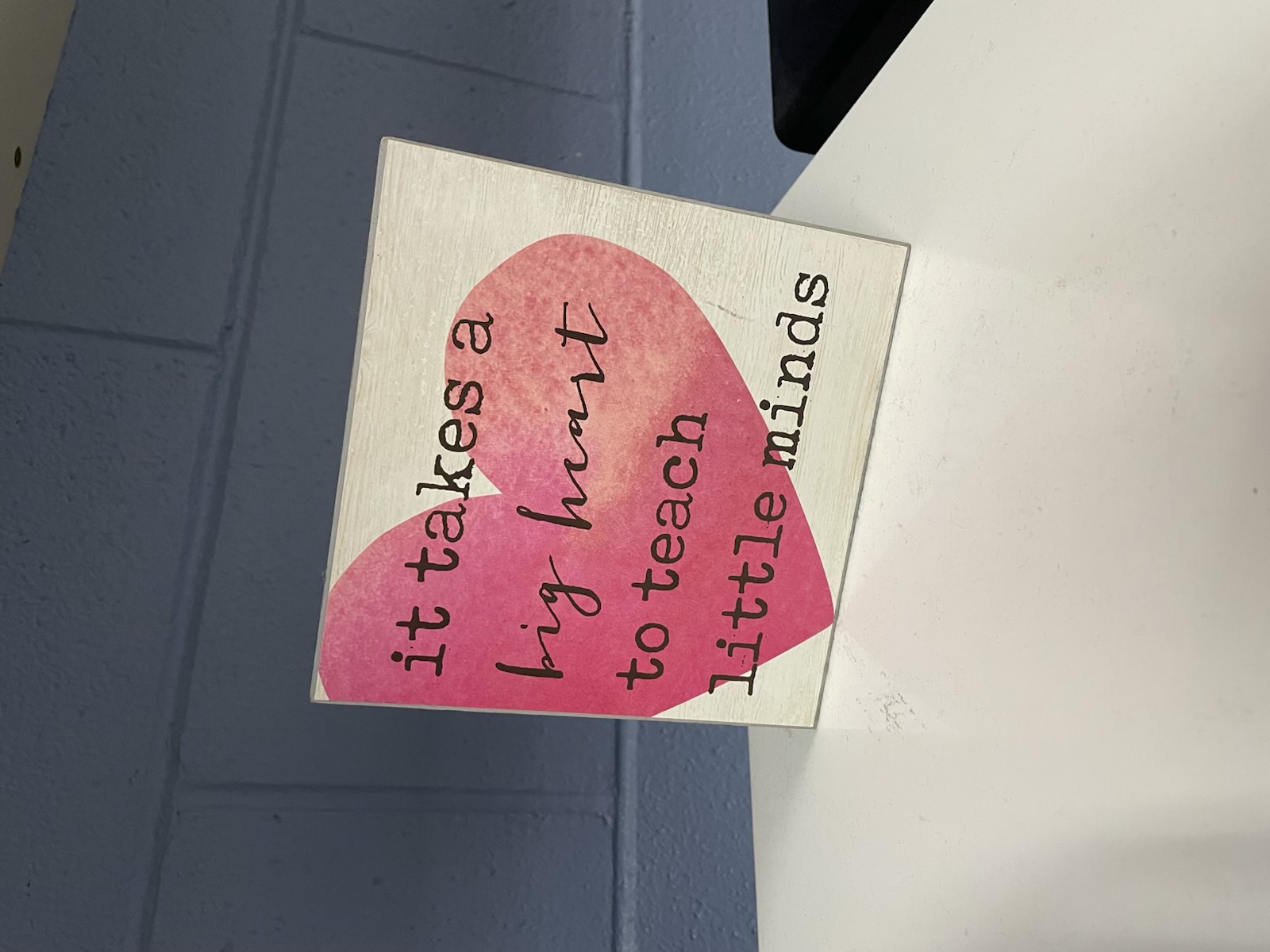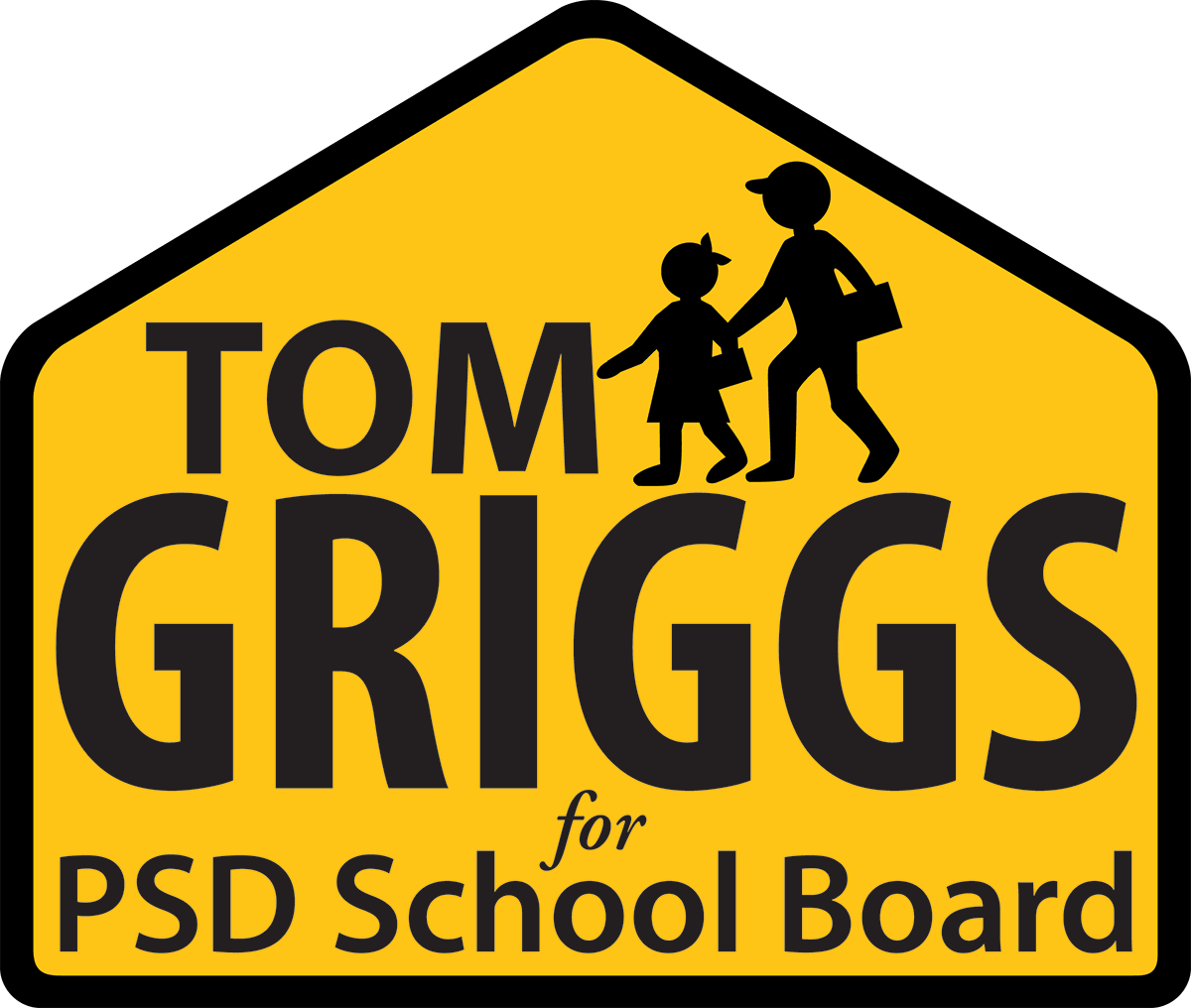My Platform

P
My Platform
School Closures & Consolidation
School Closures & Consolidation
During the 2023-24 school year, the Poudre School District administration formed a Facilities Planning Committee to address financial implications of student-based funding. The action group, primarily consisting of district employees, made preliminary recommendations in October, 2023, and after lengthy public hearings, the School District Directors formally identified several neighborhood schools for closure, with the intention of transporting students to consolidation sites, as necessary under the plan. However, for various reasons the initiative was paused on May 20, 2024, with lingering questions emerging. These issues remain unresolved. Thus, after the expenditure of thousands of dollars and hundreds of hours of staff and volunteer time, the question that remains is “Why wasn’t the School Closure and Consolidation Plan adopted?”
Read More
Mill levy funding
Mill levy funding
Poudre School District authorized a “Debt Free Mill Levy* proposal for the November general election. Thanks to the work of interested citizens, District teachers, and Board members, the proposition passed in the November 5, 2024, general election, approving taxes for up to $49,000,000 annually and increasing with the rate of inflation. Therefore, more general fund revenue will be available to maintain and improve the quality of schooling – including teacher compensation, building maintenance, small school equity, and various supplies and materials. Within these parameters, however, a great many questions must be asked and answered before a sound decision can be made.
Read More
The “whole child,” schools, and the community
The “whole child,” schools, and the community
As all parents and teachers know, our children grow and change in many ways throughout their lives. There are huge aspects of their growth and development that happen by the time they are young adults, both in schools and outside of them. Different kids grow in different ways at different times of their lives. They need a welcoming and supportive place in which to do this, regardless of who they are or how they identify themselves, in the process. It is a complex experiment in the balance between nature and nurture. Kids’ families, the schools they attend, and the homes in which they spend the vast majority of their waking hours are important pieces in the puzzle of helping kids achieve success and satisfaction in their lives.
Read More
Leadership
Leadership
This seems like an “All hands on deck!” moment in Poudre School District, to me, at present. Federal funding has been cut, a school closure and consolidation plan is up in the air, and recent legal matters have eaten into precious district resources. As an educator, a citizen, and a taxpayer, I am very concerned. The only way we will ever work our way out of this predicament will be to work together on it, from where the rubber meets the road to the “higher” institutional levels of policy and decision makers, as well as from top to bottom.
Read More
Professional Development
Professional Development
As a former teacher educator who still works in the field occasionally, I often wonder what it is about teaching that only about 50% of teachers love it enough to stay in the profession for their entire careers, and/or seek different kinds of related professional opportunities in public school districts. Teaching as a profession has too often resulted in burnout, even if there are many legitimate explanations of why this might be so.
Read More
Charter Schools
Charter Schools
Sometimes—and I am guessing less often than we realize—charter schools have been used to good purpose to create learning environments that kids would not otherwise have access to. When certain ones originally sprang up and to their credit, they filled gaps in the public system and some still do. But the use of the word “choice” as a marketing tool when no one knows what is being spent of taxpayers’ money to support them, is unconscionable in a system that never seems to be adequately funded to meet its objective of serving “every child, every day,” in the first place. It is hard to know whether the disappearance of that slogan from District stationery, website landing pages, and other places it belongs in publicity about the district signals surrender with regard to achieving an admittedly lofty aspiration, or possibly worse.
Read More
Policy Governance
Policy Governance
Relationships between school boards and superintendents require an effective balance, but that balance can be tilted toward board member micromanagement or toward superintendent’s authoritarian control. Thus, to formally balance roles and operations, John Carver constructed a model that clearly defined the collective board’s responsibility as envisioning “ends” or “outcomes,” designating superintendent as being responsible for determining the “means” for achievement the corporate “ends.” It is commonly termed “Policy Governance.” The current governance and administrative structure for Poudre School District provides for some very specific limitations and requirements related to articulating the chain of command in the district. Policy governance effectively restricts the Board of Education’s official and supervisorial role over district staff to that of “supervisor of the superintendent.” The superintendent is the Board’s one employee, in this sense, and Board members aren’t allowed to interfere with the execution of any staff member’s duties by “jumping” the chain of command, in any way.
Read More
Special Needs Kids & Their Families
Special Needs Kids & Their Families
In general, what I have witnessed as a substitute teacher over the last 4 & 1/2 years is that the care of special needs kids is usually outstanding. I am familiar with schools' efforts to try to address the range of needs, from addressing unique cognitive and physical needs to confronting behavioral issues. I recognize that, in spite of IDEA funding that helps defray the cost of extra resources that are used to meet these needs, there are still profiles of learners who struggle in even the best run systems. I have been learning a lot more about some of the challenges faced by individual families since I started my campaign. One example is kids who struggle with one or more learning disabilities. If a student's school is not staffed or equipped to meet the needs of the student, then families often have no choice but to seek academic services and support outside of the district or to withdraw their child from the district altogether. The cost of out-of-district evaluations and tutoring can be considerable, and often overwhelming, which means that many students may not be able to access much needed academic support.
Read More
Community Partnerships
Community Partnerships
One of the ways in which Poudre School District has been so well supported historically is its innovative and effective collaborations between the non-profit and private sectors and schools in the district. The more I spend time substitute teaching in the schools around the district attending board meetings, and the longer I campaign, the more I am made aware of this important fact. I believe that supporting and promoting such partnerships is one of the potentially most fruitful ways to address the difficulties for the district posed by threatened and actual funding cuts. A Board member can be an important bridge to such opportunities, both from the district to the community and the community to the district. As a board member, my background and leadership would be assets I hope to bring to board work. in a range of different community activities that affect the wellbeing of the district.
Read More
